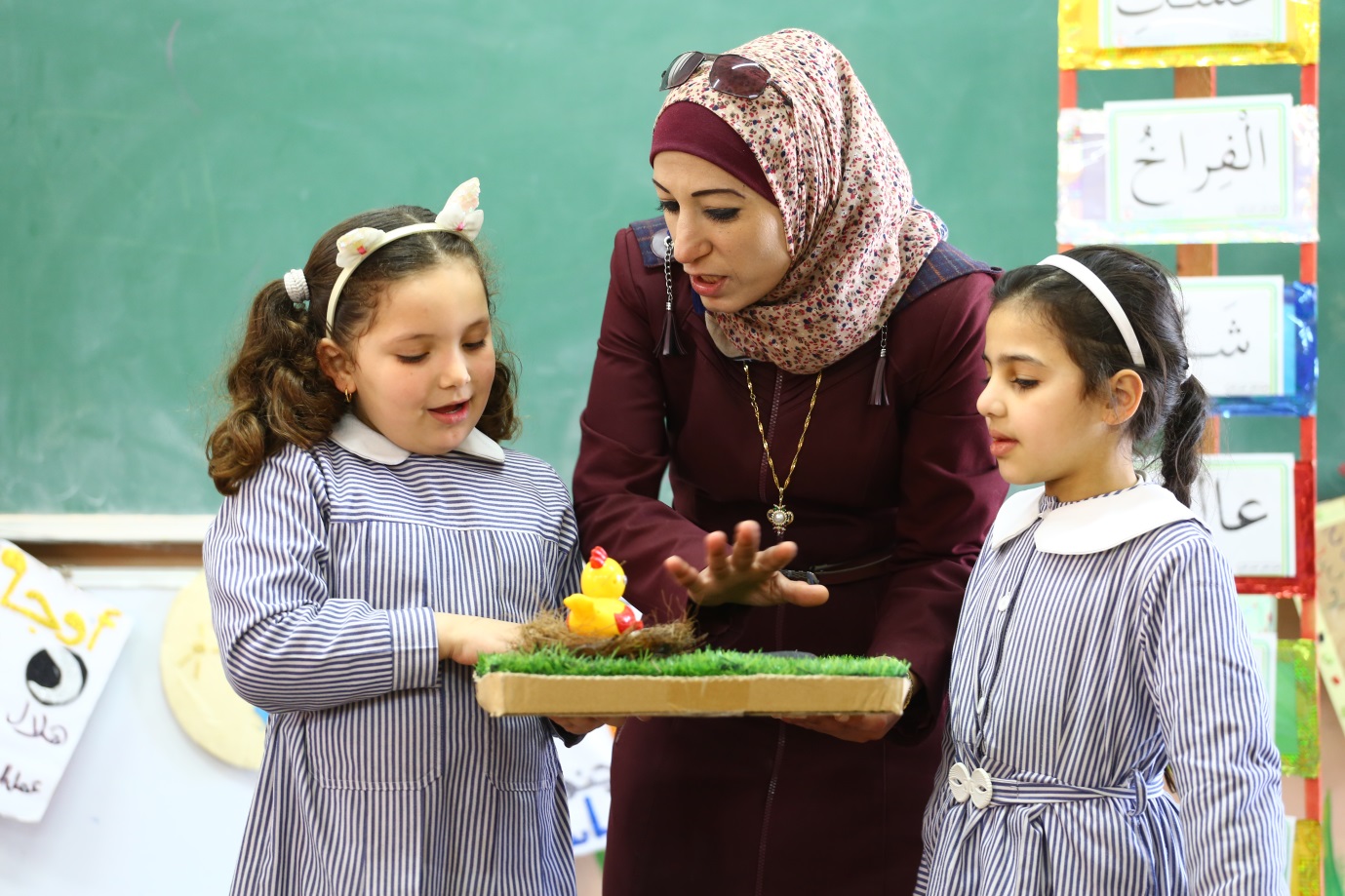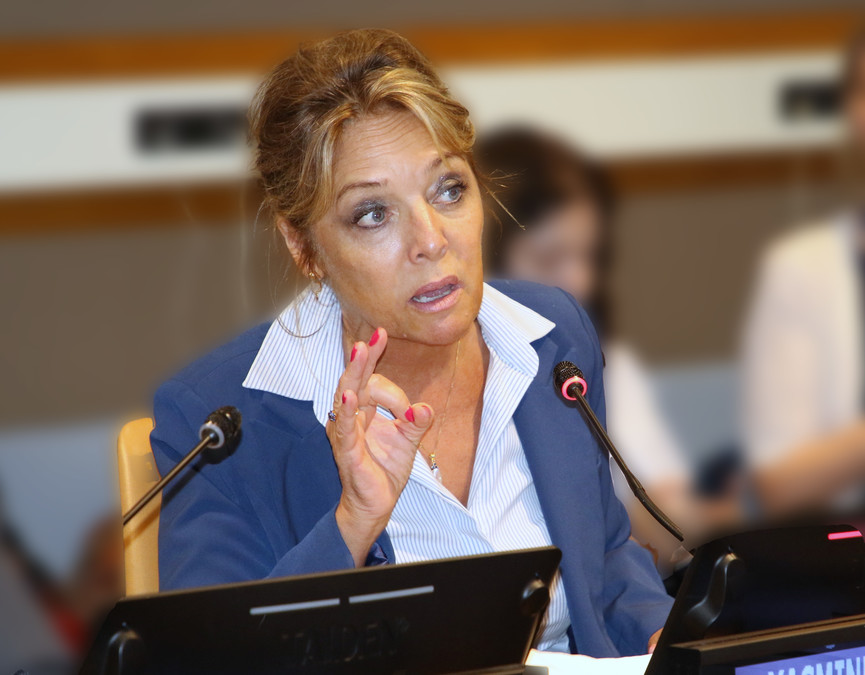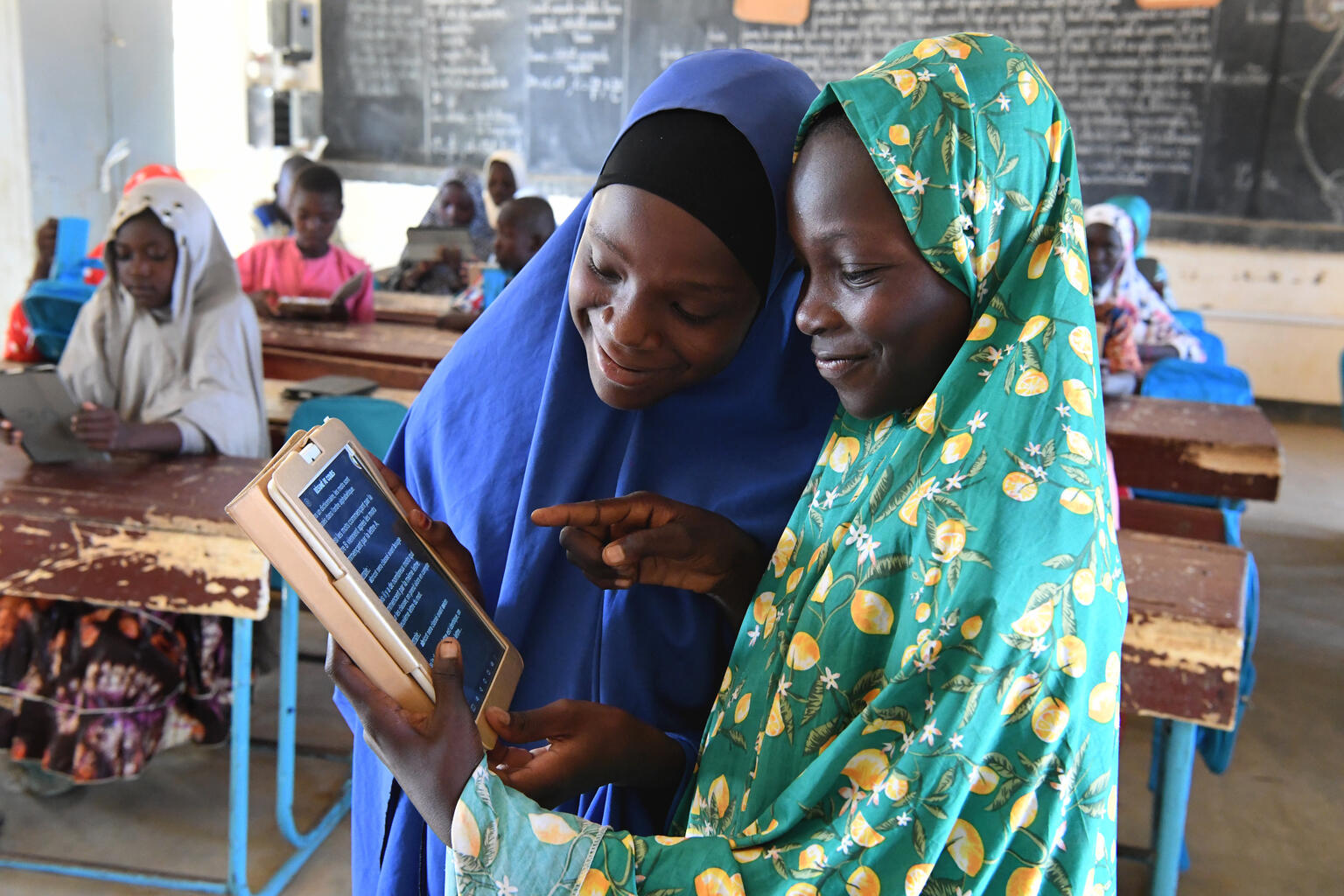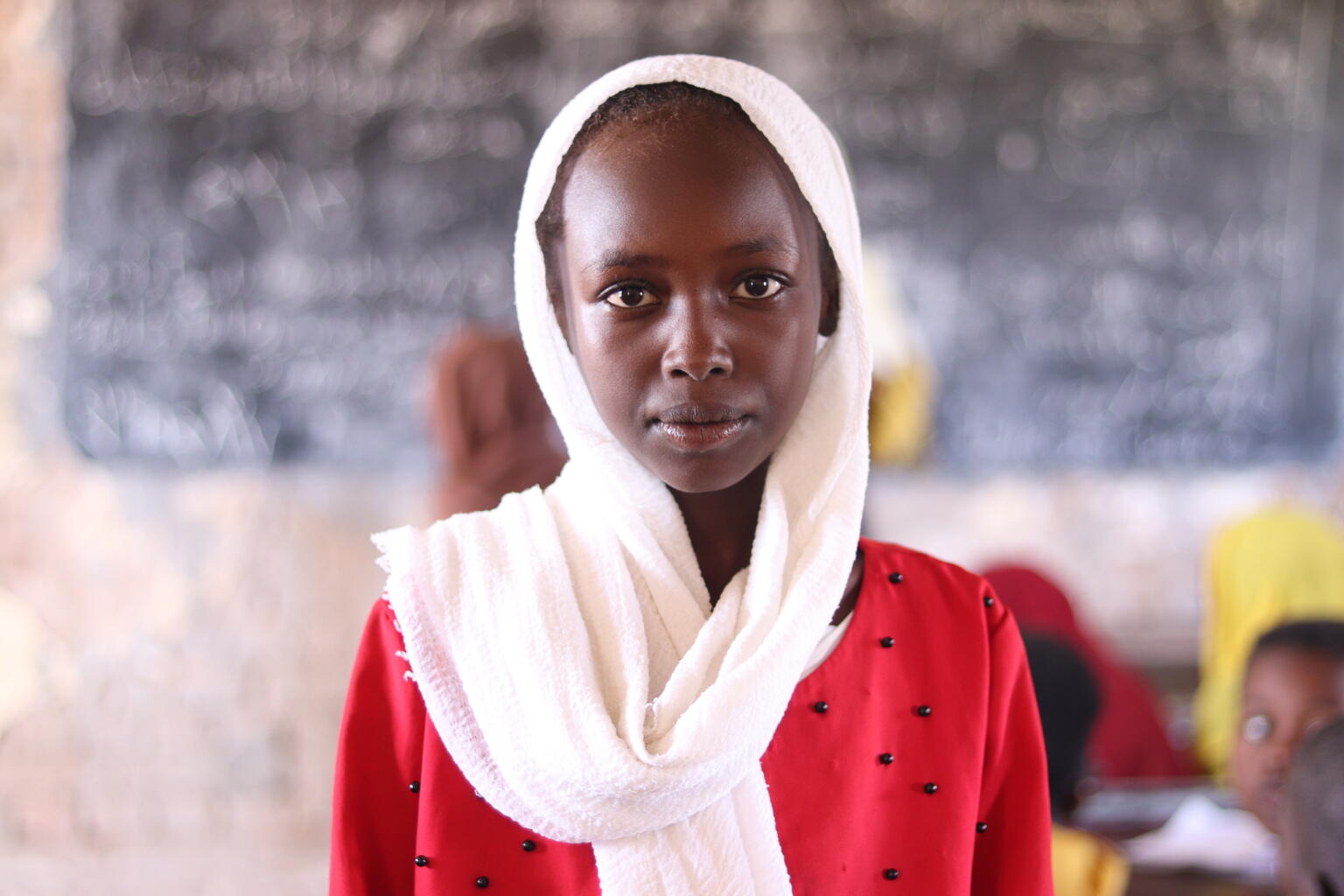In the Arab Region, Education Cannot Wait

View the original article on the global media platform openDemocracy.
New Global Education Monitoring (GEM) Report published by UNESCO shows forced displacement holding back a generation of learners across the Arab region.
Hassan is 16 years old. He fled Syria five years ago with nothing but a school bag on his back. For the last two years he hasn’t stepped foot in a classroom. Since the age of 14 he has been working to support his mother and three little sisters.
I met Hassan earlier this year. His positive spirit made a deep imprint and continues to inspire me. He hopes that soon he will re-join school and dreams of becoming an architect. He is one of millions of children forced to flee their homes across the Arab region, yearning to return to school, reclaim their dignity and realize their dreams.
According to the GEM Report, Migration, displacement and education: Arab States, published in November, there is no place on earth affected by migration and displacement to the same extent as the Arab States.
Despite representing just 5% of the global population, the Arab states account for 32% of the global refugee population and 38% of people displaced within their own borders.
Forced displacement on this scale has had a devastating impact on education and the trends revealed in UNESCO’s report are deeply concerning. They paint the picture of a region lagging globally, one that has seen the pace of education development stymied by decades of conflict and crisis.
For a region draped in so much history, innovation and discovery, it is heart breaking to read these figures.
Providing quality education to all young people is not just a human right, it is an investment in the social fabric of a country. It is the vehicle by which crisis-affected children and youth shape their identity and discover their potential.
If the ‘Arab Spring’ and years that followed have taught us one thing, it is that young people across the Arab region need to be reminded of where they come from, their history and culture, and its contribution to today’s civilization. They need to be given an opportunity to understand their true identity, rebuild their lives and contribute to their societies. This can only be done through quality education.
Evidence has shown that if the upper secondary school enrolment rate is 10% higher than the average, the risk of war in a country drops by 3%. Today’s report shows the Arab region is doing just the opposite: the upper secondary enrolment rate for the region has fallen 5% against the global average.
If governments are serious about addressing the root causes of forced displacement, this trend must be reversed. Adolescent girls and boys have the potential to drive the change the region needs, but they won’t if they are denied their right to learn, discover and develop.
Hundreds of billions of dollars are spent every year on national security in the Arab region, but only a fraction of that on education. The GEM report makes a compelling case for why governments, donors and the private sector must step up their political and financial support for education. Time has come to make responsible choices for a whole generation of children and youth in a region which once gave so much to our own education elsewhere in the world, be it in math, medicine, astronomy or the arts.
Another worrying trend that stood out as I read the report was the scale of internal displacement and its impact on education systems. The crisis in Syria often invokes images of dangerous Mediterranean crossings and refugees in the neighbouring countries of Turkey, Lebanon and Jordan.
It often surprises people to know that there are just as many Syrians displaced within Syria as there are internationally. 36% of the Syrian population is internally displaced.
In Yemen, it’s 8%. Iraq, Palestine and Sudan have all seen at least 5% of the population displaced internally, as a result of ongoing conflicts.
In the north of Syria, where 60% of the country’s 6 million internally displaced people reside, 1 in 3 schools are unusable because of the war, children are in desperate need of psychosocial support and teachers are often not paid because of breakdowns in local administration.
In Sudan, where conflict over the Blue Nile and South Kordofan states has persisted for many years, internally displaced communities are forced to construct and reconstruct temporary learning spaces on an annual basis. One in five schools are unusable and there are far too few teachers.
The GEM report calls on donors to ‘link their short-term humanitarian response with long-term development system-strengthening interventions’. At Education Cannot Wait, this speaks to the core of our mission.
Our unique approach working with, not through, governments, means we respond where governments are either unable or unwilling to deliver. This allows Education Cannot Wait to apply humanitarian speed, while also investing in capacity development in supporting the governments to become able. In doing so, ECW also aligns its investments with broader system strengthening interventions.
In Yemen, a country split in two by the ongoing war, a $14 million ECW investment is rebuilding schools, providing learning materials to 31,000 children and allowing almost 1.3 million children to sit their annual exams.
Over the years I have travelled widely across the Arab region. Despite the challenges I’ve witnessed, one thing always stays with me: hope. They give me hope and I try to return it by reminding them of who they are.
Because their identity is not the dirt and the mud under their temporary tent in the Bekaa Valley. Their identity is not to stand in line for food all day in the reception centre in Moria. Their identity is not the violence and injustices wrought upon them by the wars in the region.
Rather, their identity dwells in a history of ground-breaking science and breath-taking art. Their identity is rooted in knowledge and contribution to new discoveries in medicine, culture and philosophy.
Only through education can they reclaim that identity. Only then can they fully tap into their resilience and transform into a force of productivity, innovation and service. For their sake and for the sake of all of us, their education cannot wait.




